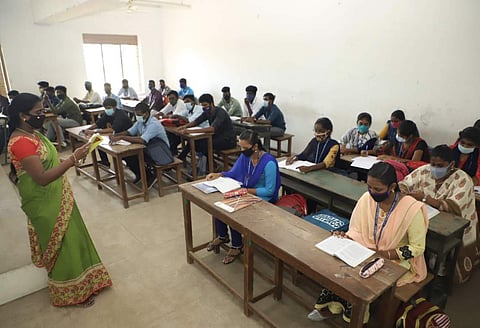

India's education system, though expansive and diverse, faces the challenge of fostering well-rounded citizens who actively contribute to society. To address this, the Indian syllabus requires strategic modifications that cultivate civic engagement, critical thinking, and ethical values.
First, civic education must be integrated across all levels, emphasising active participation in democratic processes. This includes understanding fundamental rights, responsibilities, and the importance of informed voting. Interactive learning methods, such as simulations, debates, and community service projects, can foster a deeper grasp of civic duties.
Second, critical thinking skills should be nurtured throughout all subjects. Students should be encouraged to question assumptions, analyse information, and form independent judgments. This involves developing research skills, evaluating sources, and engaging in constructive discussions. Such critical thinking abilities are paramount for informed decision-making and responsible citizenship.
Third, ethical values should be instilled through both explicit and implicit pedagogical approaches. The syllabus should highlight the significance of integrity, empathy, and respect for diversity. This can be achieved by incorporating discussions on ethical dilemmas, analyzing historical examples, and promoting peer mediation and conflict resolution strategies.
Fourth, environmental consciousness should be integrated into the curriculum. Students should be educated about environmental issues, sustainability practices, and the importance of conserving natural resources. This includes comprehending climate change, pollution, and the interconnectedness of ecosystems. Such environmental awareness is essential for responsible stewardship of the planet.
Fifth, cultural sensitivity and inclusivity should be interwoven into the syllabus. Students should be exposed to the rich tapestry of Indian culture and traditions, fostering appreciation and understanding. This includes exploring diverse perspectives, engaging in respectful dialogue, and challenging stereotypes. Such cultural sensitivity promotes social cohesion and harmonious coexistence.
Renovating the Indian syllabus to incorporate these changes will empower students to become informed, engaged, and responsible citizens, contributing to a more just, equitable, and sustainable society. By nurturing critical thinking, ethical values, environmental consciousness, cultural sensitivity, and civic engagement, we can foster a generation of responsible citizens who actively shape a brighter future for India.
